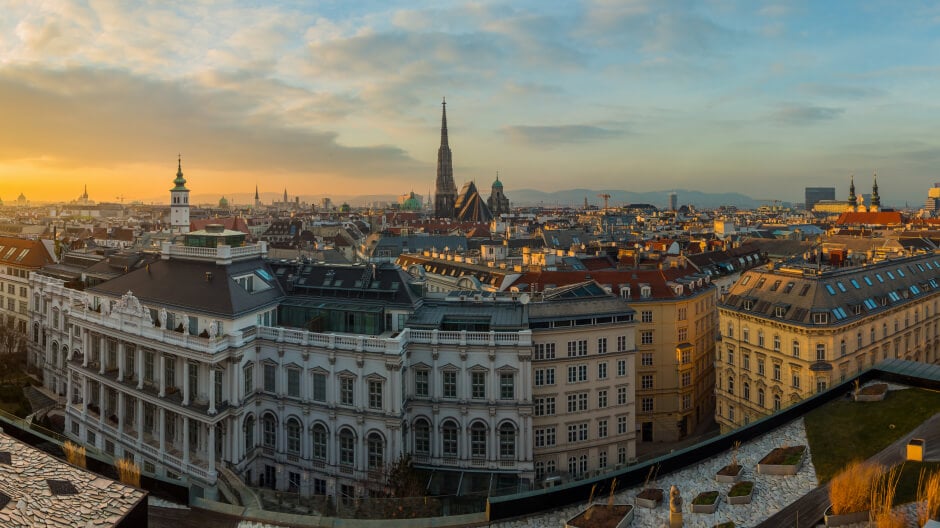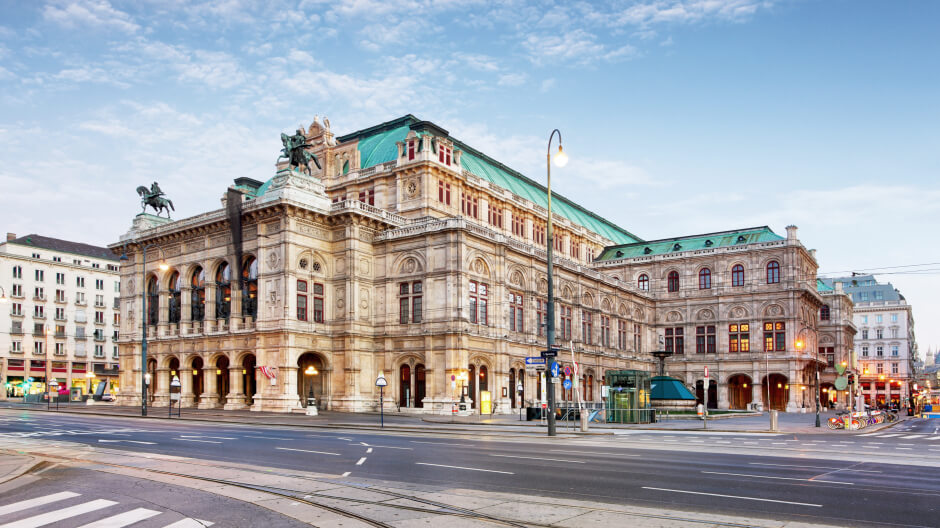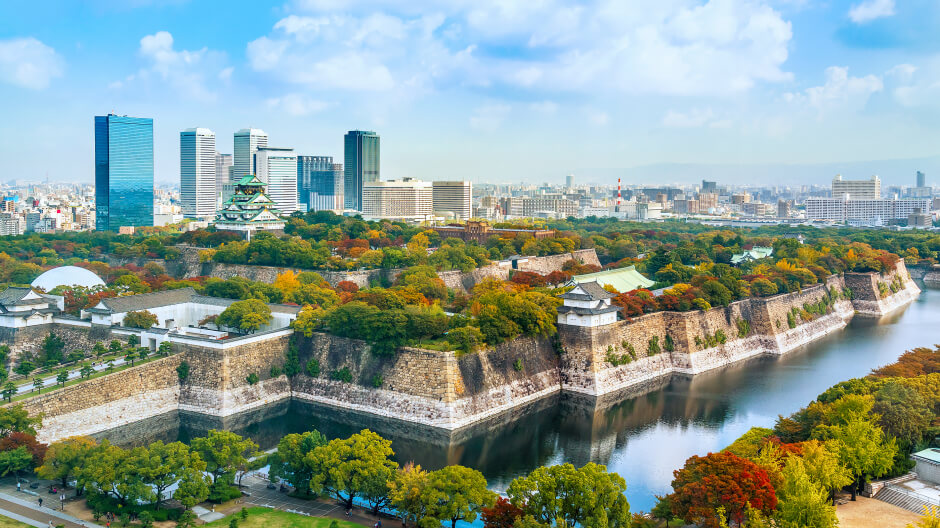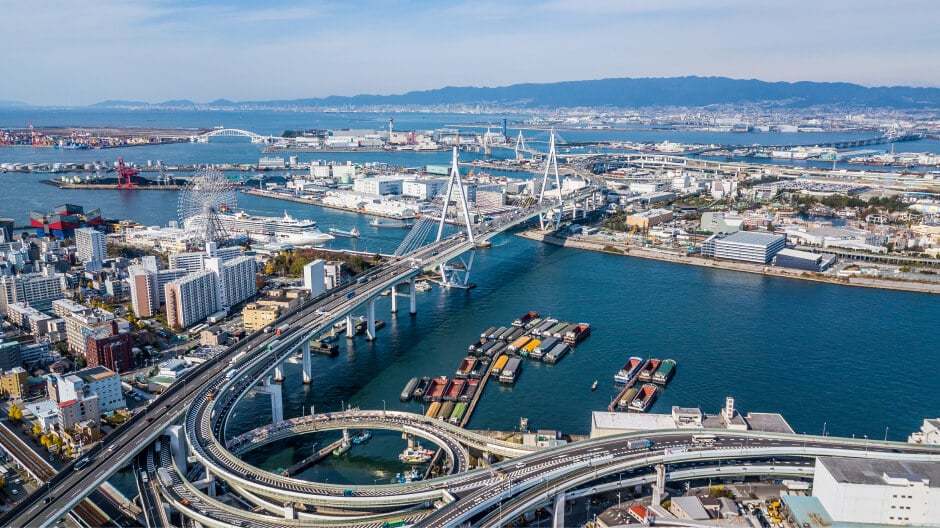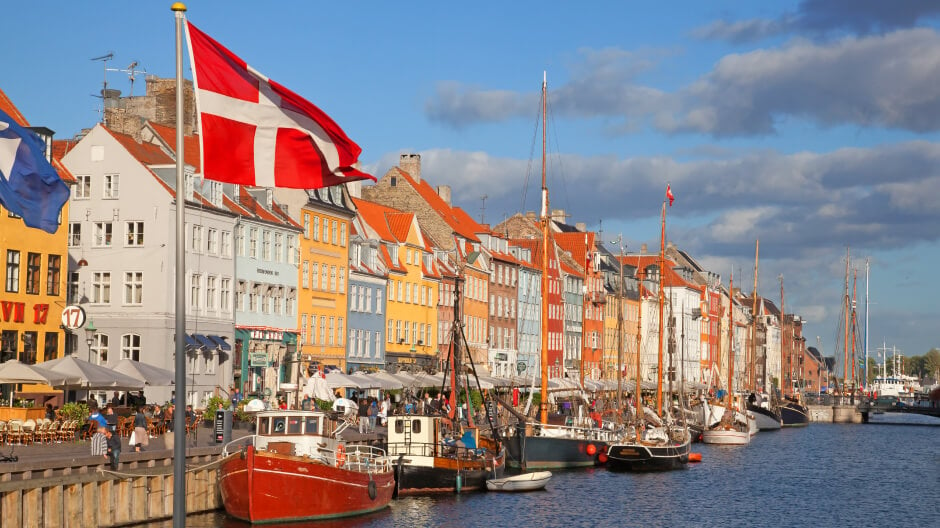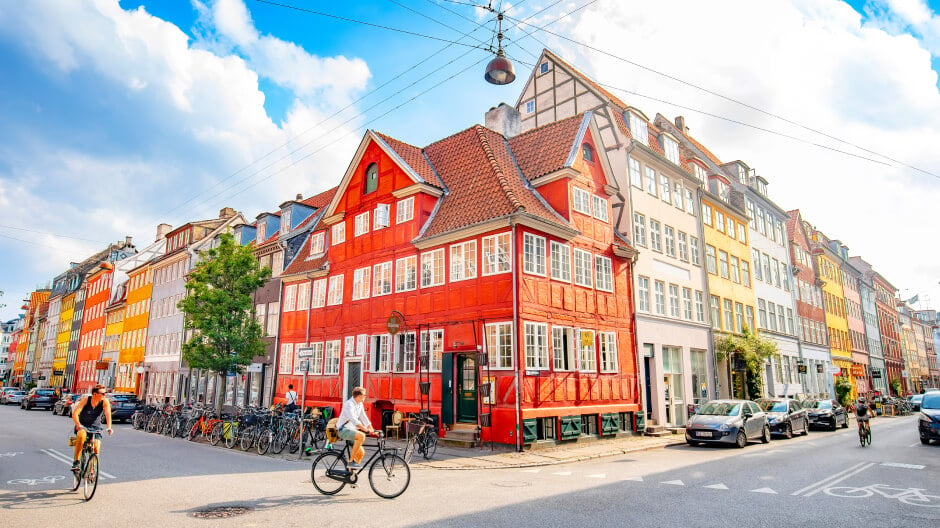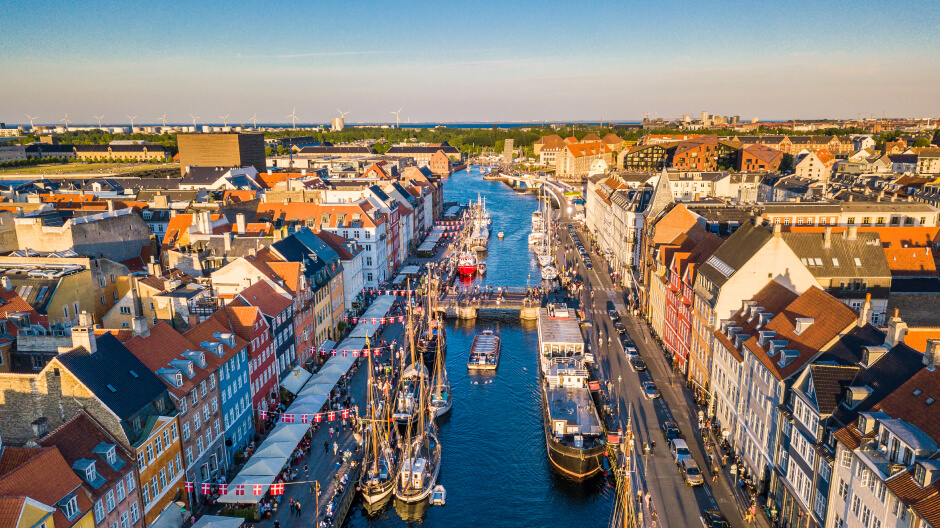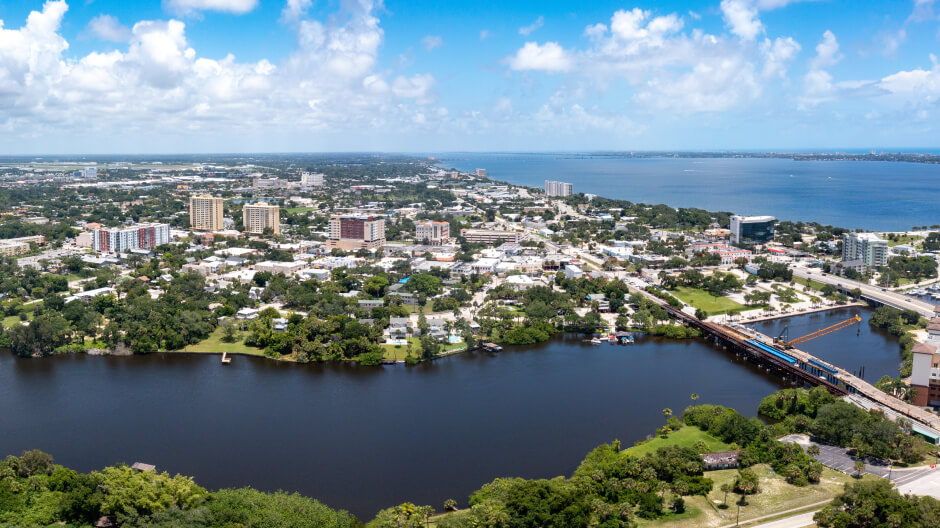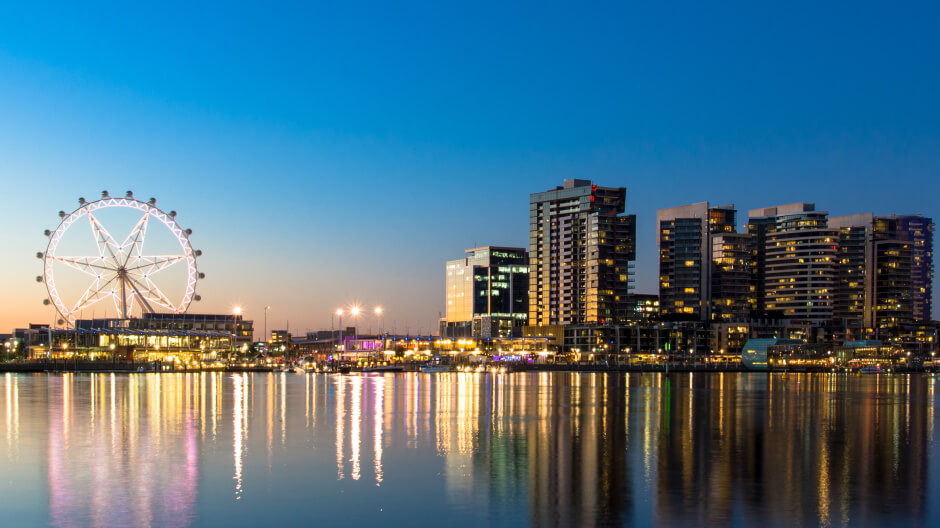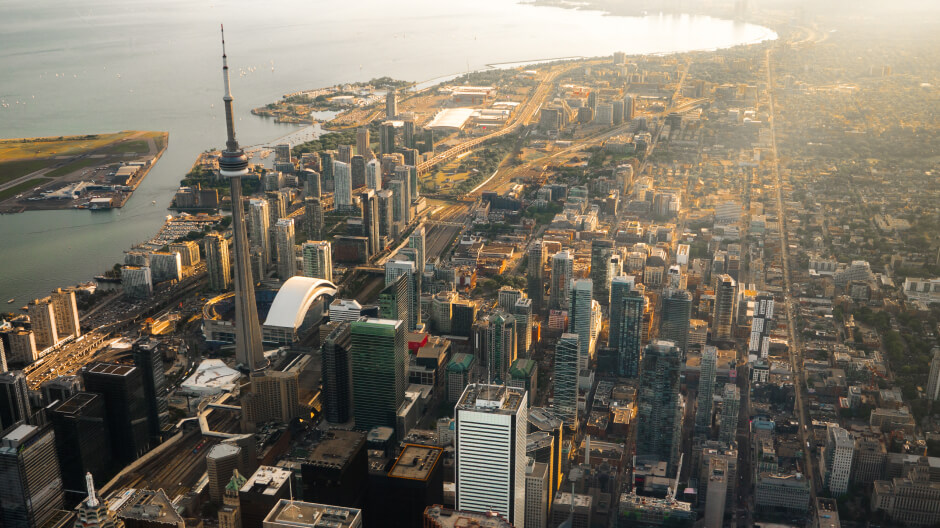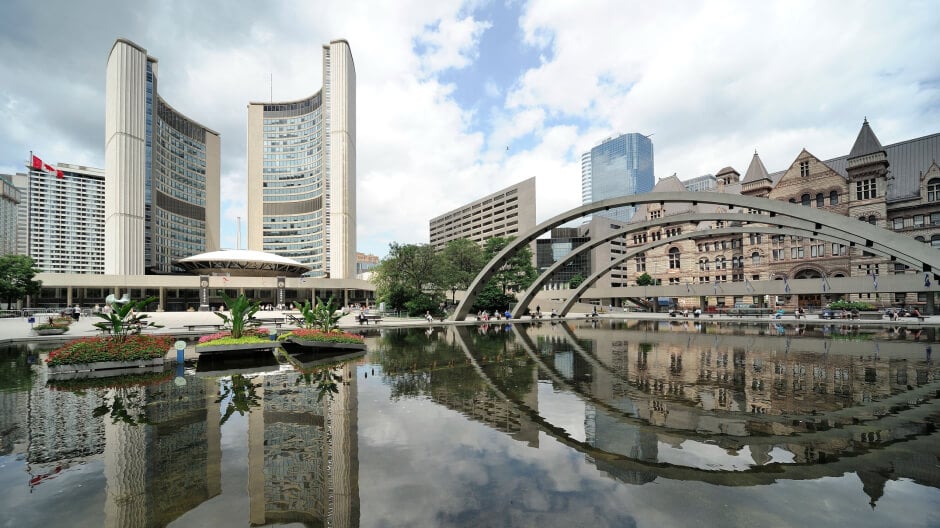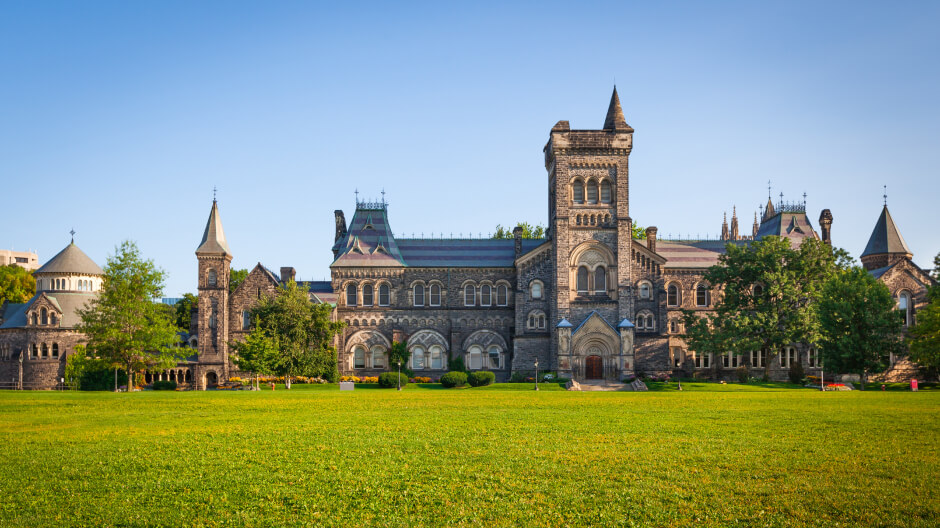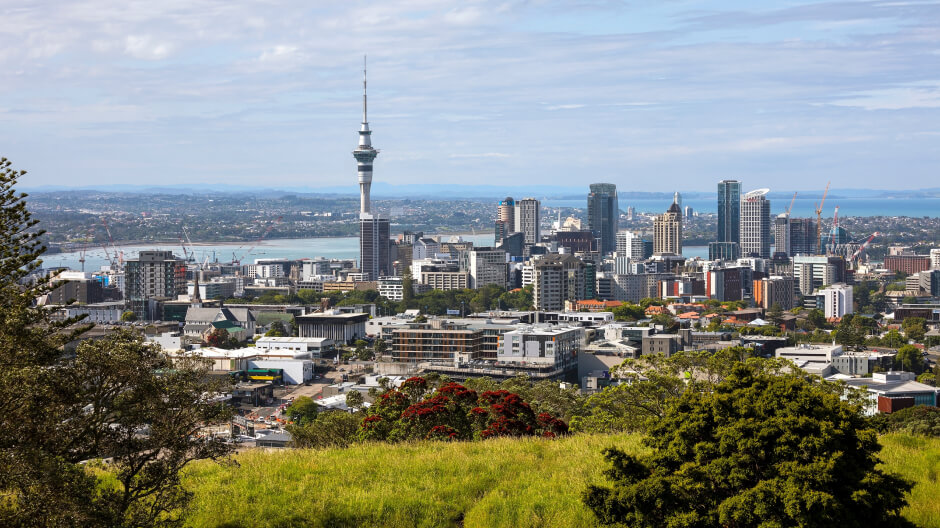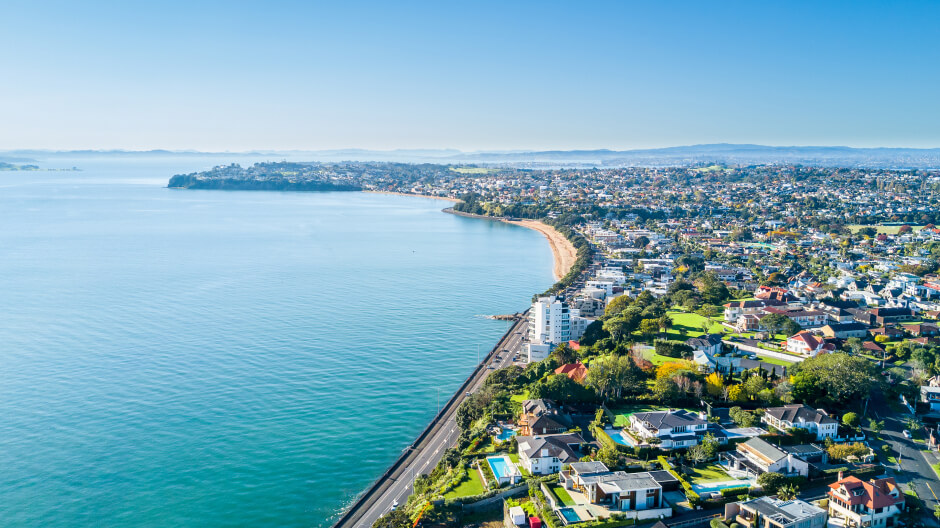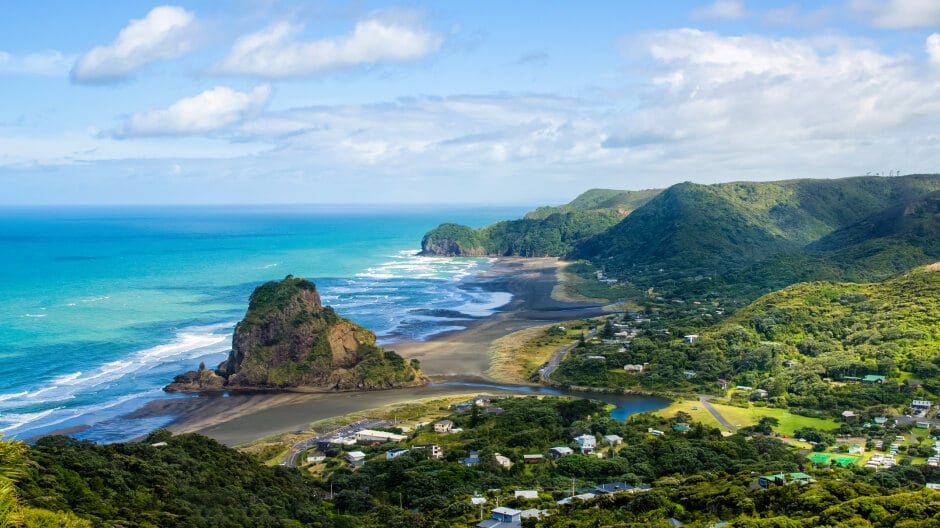- MAIN PAGE
- – elvtr magazine – THE WORLD'S MOST LIVEABLE CITIES IN 2023
THE WORLD'S MOST LIVEABLE CITIES IN 2023
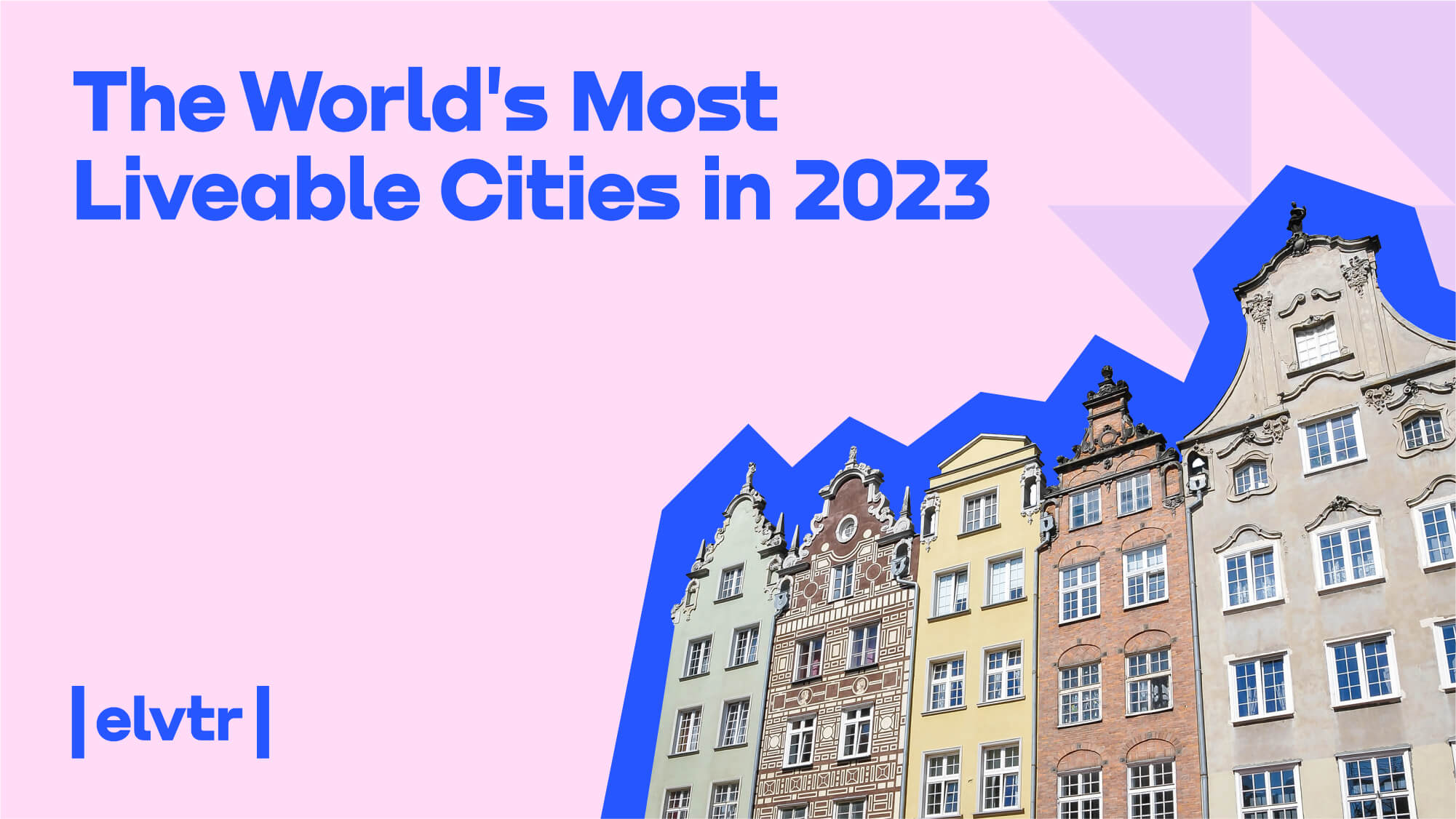
In recent times, people have been more globally mobile than ever before. As per Maslow's hierarchy of needs, once basic necessities are met, people seek more - often in countries offering a comfortable life where they can work, raise children, conduct business, and age gracefully.
Every year, the Economist Intelligence Unit (EIU) presents a ranking of the most livable cities worldwide. This index evaluates living conditions across over 30 parameters including political and economic stability, safety, healthcare, educational systems, environmental sustainability, infrastructure, and more.
In 2023, the EIU ranking featured cities such as Vienna, Copenhagen, Zurich, Calgary, Vancouver, Geneva, Frankfurt, Toronto, Amsterdam, Osaka, and Melbourne. We've analyzed some of these cities in terms of cost of living, cultural offerings, and other factors. Who knows, you might be inspired to relocate?
Vienna (Austria 🇦🇹)
Vienna champions the art of living well, or Lebenskunst as locals call it. With its ideal blend of stability, culture, entertainment, and dependable infrastructure, Vienna has topped the list four times in the past five years.
The city is also renowned for its excellent environmental standards. Approximately 50% of Vienna is green space. This is partly due to the rise of electric and hydrogen buses (currently under trial), and the majority of trams and subway trains acting as mini power plants, reusing braking energy back into the grid.
In this day and age, as it was a century ago, Vienna's rich heritage is omnipresent. With over 100 museums, it is one of the world's cultural epicenters.
According to user-contributed data on Numbeo, Vienna has a safety index of 73.30, reflecting residents' minimal concerns about theft, muggings, and assaults.
Pros of living in Vienna:
➕ outstanding environmental practices
➕ robust healthcare system
➕ quality education
➕ economic stability
➕ well-developed infrastructure
➕ abundant travel opportunities
Cons of living in Vienna:
➖ high cost of housing, goods, and services (average cost of living for a couple, including rent, is €4,000 per month)
➖ early closure of shops and shopping centers, with no trading on Sundays
➖ locals may seem reserved
Osaka (Japan 🇯🇵)
As confirmed experimentally, 80% of lost wallets and 88% of found smartphones in Japan are promptly turned over to the police. In comparison, in New York, these figures stand at 6% and 10% respectively. Even amidst earthquakes, there's virtually no looting here, thus ensuring your safety.
Japanese trains are among the world's most punctual. Typically, their timing deviates by no more than 18 seconds. Moreover, some trains can speed up to 603 km/h, a world record.
Osaka manages to be large enough to offer everything you might need, yet compact enough to feel comfortable. Boasting both old-world charm and modern vibe, it provides some of the best food, culture, and nightlife in Japan.
Family-centric benefits abound. For example, children under 15 receive free healthcare. The Japanese National Insurance generally covers 70% of healthcare costs, and the remaining 30% is covered by the Free Medical Care Certificate for Children provided by each ward.
While English isn't necessary for the Japanese, and even those fluent often feel awkward using it, almost all signs are duplicated in Latin letters.
Pros of living in Osaka:
➕ safety
➕ unique culture and history
➕ quality education and healthcare
➕ mild climate
➕ well-developed infrastructure
Cons of living in Osaka:
➖ stringent migration policy
➖ compact living spaces
➖ prevalent "workaholism" and a high suicide rate
➖ limited social benefits and pensions, with the maximum social payment for needy elderly being about $300
➖ frequent natural disasters
Copenhagen (Denmark 🇩🇰)
The Danes are officially recognized as the world's happiest nation, largely attributed to the calmness, simplicity, and comfort of their capital city. Since the late 19th century, Copenhagen has gradually transformed from an industrial hub to a beautiful, eco-friendly, and liveable city.
Copenhagen is a cyclist's paradise. Over half of its population cycles to work daily. The city already has 320 km of bike lanes and the least car ownership in Europe, with only 29% of families owning a car.
Studies reveal job satisfaction in Copenhagen ranks among the world's highest, due to a high degree of personal freedom and a close-knit work environment.
Copenhagen locals value a work-life balance, particularly focusing on family time. Research by the Organization for Economic Co-operation and Development (OECD) indicates that in Denmark, people devote 69% of their day to personal matters, which is approximately 16 hours. Work usually ends by 4 or 5 PM, followed by family time.
Pros of living in Copenhagen:
➕ free-market economy
➕ excellent social welfare
➕ environmentally friendly products
➕ minimal income disparity
➕ mild climate
➕ calm and friendly populace
Cons of living in Copenhagen:
➖ high cost of living (average cost of living for a couple, including rent, is €5,000+ per month, placing it among the top 3% of the world's most expensive cities)
➖ stringent tax system
Recommended courses
Melbourne (Australia 🇦🇺)
Melbourne is a city of multiculturalism, diversity, and acceptance. Whether you are a student, business person, bank employee, or artist, Melbourne welcomes you.
Ranked 16th out of 163 countries on the 2021 Global Peace Index, Australia offers comfort for travelers, and Melbourne is no exception.
Also known as Australia's Cultural Capital, Melbourne boasts a vast array of entertainment and must-visit places. For instance, the Melbourne Food and Wine Festival is the world's largest, hosting over 200 events and attracting approximately 300,000 people each year.
Notably, Melbourne is home to world-class education providers and research facilities. The University of Melbourne is ranked in the top 10 universities in Australia and in the top 100 globally.
Pros of living in Melbourne:
➕ ample business opportunities
➕ supportive immigration policies
➕ safety
➕ multicultural environment
➕ quality healthcare and education
➕ picturesque beaches
Cons of living in Melbourne:
➖ expensive real estate (average rent for an apartment is €1,539 per month)
Toronto (Canada 🇨🇦)
Toronto is a vibrant city characterized by soaring skyscrapers along the northwestern shore of Lake Ontario. It also boasts an abundance of green spaces, providing a serene escape from the urban jungle.
Home to around 7 million people, Toronto stands as a melting pot of diverse nationalities. More than half of the city's inhabitants were born outside of Canada, lending to the multicultural vibe.
In terms of education, Toronto shines with superior institutions, notably the globally recognized University of Toronto. The city houses over 1,400 schools, colleges, and related businesses.
Offering a thriving tech and internet scene, Toronto hosts offices for giants like Google, Uber, and Shopify. With over 200,000 positions in these sectors, the city brims with career opportunities.
Pros of living in Toronto:
➕ safety
➕ temperate climate
➕ rich possibilities for careers in arts, culture, media, and IT
➕ thriving cultural scene
Cons of living in Toronto:
➖ higher cost of living, with downtown one-bedroom apartments averaging €1,714.47 per month
➖ steep taxes that can claim between 15% to 33% of income
➖ frequent traffic congestion
➖ summers can be surprisingly hot for Canadian standards
Auckland (New Zealand 🇳🇿)
Auckland, the largest city in New Zealand with a population exceeding a million, remarkably isn't the nation's capital. Uniquely positioned atop 53 volcanoes, Auckland is also blessed with an impressive collection of beaches—over 80, to be precise—given New Zealand's extensive 15,000-kilometer coastline.
But the city isn't merely beautiful to behold. It also boasts one of the world's best climates and cleanest air, with residents enjoying approximately 2,000 hours of sunshine annually.
Those who migrate to Auckland on a permanent visa can expect numerous perks:
- Financial assistance for mothers and guardians of young children
- Health insurance coverage
- Unemployment benefits, provided residency in New Zealand for at least 2 years
- Weekly payments for individuals with disabilities to offset treatment costs
- Elderly benefits
- Social aid in the unfortunate event of a relative's passing, and more
Furthermore, Auckland is celebrated for its exemplary education system. The University of Auckland shines as the 17th in the Times Higher Education's 2022 roster of the world's top international universities.
Pros of living in Auckland:
➕ beautiful beaches
➕ well-developed public transportation
➕ a top-tier education system
➕ diverse career and job opportunities
➕ a straightforward bureaucracy, given you understand its workings
Cons of living in Auckland:
➖ high living costs, with a one-bedroom apartment in the city center running about €1,204.55 per month
➖ heavy traffic congestion
*ELVTR is disrupting education by putting proven industry leaders in a virtual classroom with eager rising stars. ELVTR courses offer 100% instructor driven content designed to give you practical knowledge within a convenient time frame. Choose the right course for you!

